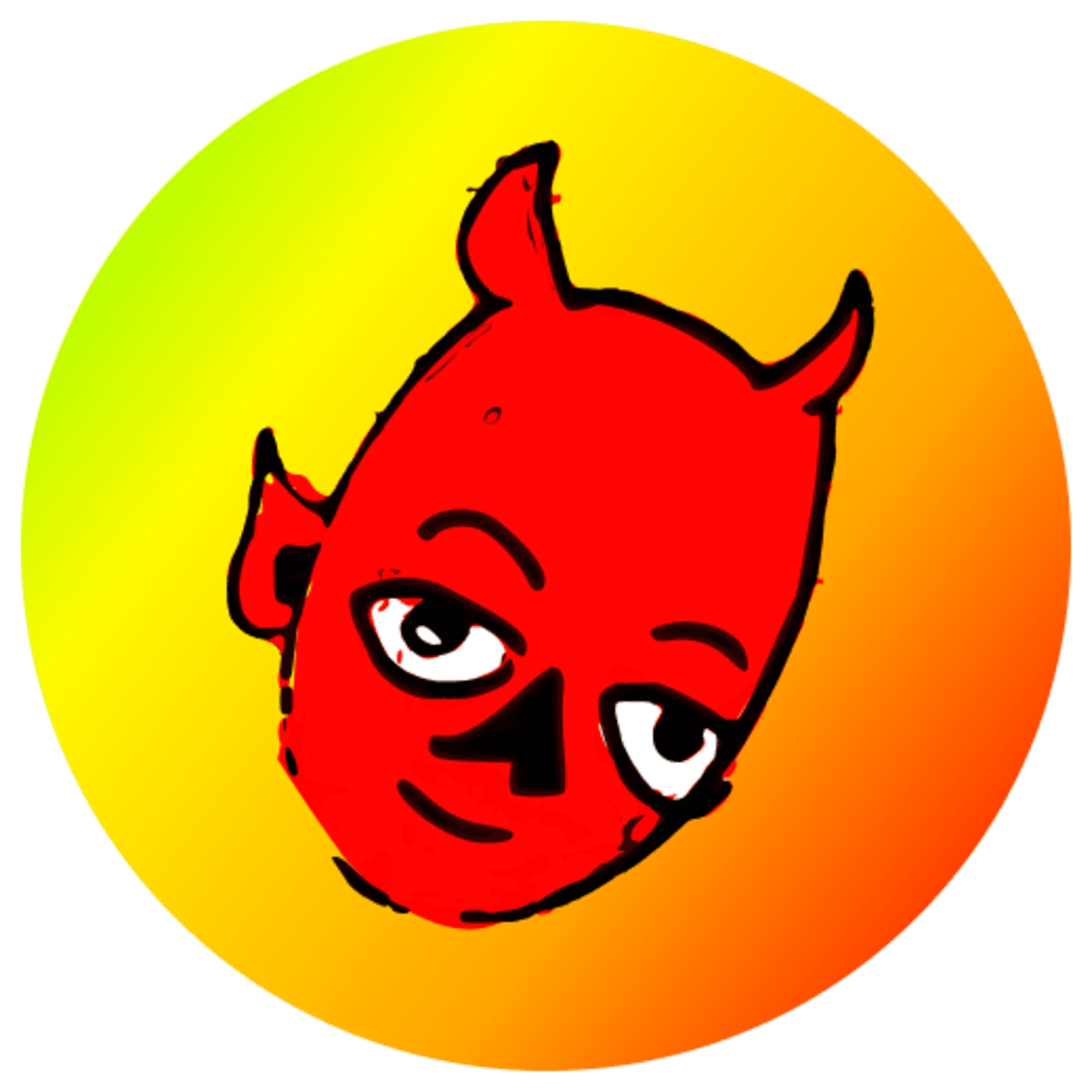Why 2% of Me Wants to be Sick Again
A love song for Andrea Gibson.

Jul 30, 2025
Become a Supporter to read the rest.
Become a paying subscriber to get access to this post and other subscriber-only content.
Support The Small BowA subscription gets you:
- Bonus Sunday Newsletter: Recovery round-up, recommendations, poems
- Unlimited Articles -- Browse our Library of Essays
- Keep TSB free for those who need it
